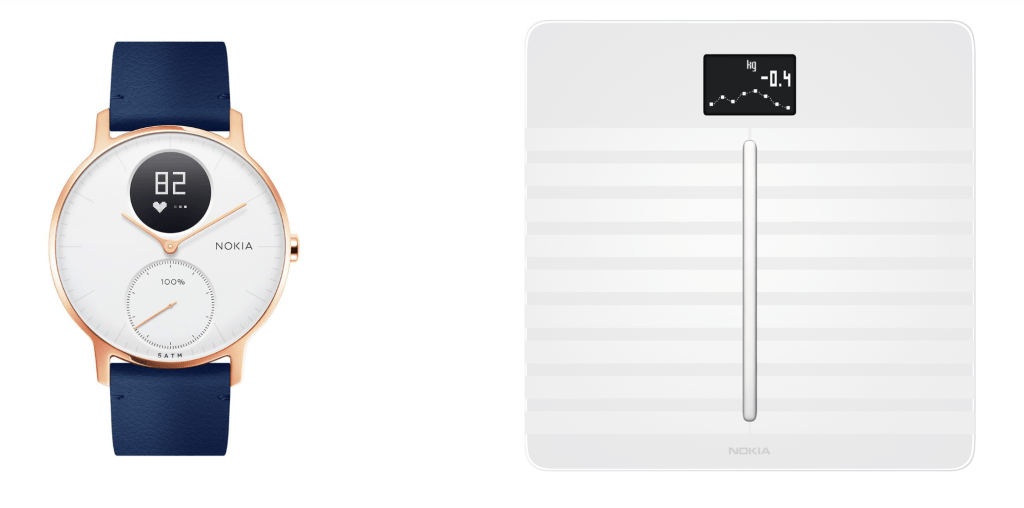Nokia has closed the books on its unlucky foray into digital health devices and services, and with it, a business is marking its return to the world of startups. Today, the Finnish telecoms giant announced that it has closed the sale of its digital health division, along with 200 employees, to Eric Carreel, the former chairman and co-founder of Withings. Now Carreel plans to relaunch the business once again under the Withings brand by the end of this year, with products focused on preventive health.
Withings had formed the core of Nokia’s digital health business after it acquired the company, famous for its smart scales, in 2016 for €170 million. Nokia later rebranded the business as Nokia Digital Health.
“I am delighted to start working again with the brilliant teams that made the brand such a great success” said Carreel in a statement. “We have an exciting challenge ahead of us as we continue to push the boundaries of connected health.”
The deal comes less than a month after Nokia announced that it had entered into exclusive negotiations with Carreel for the sale, part of a larger reorganization at the company to refocus away from unprofitable businesses.
There were no financial terms revealed in the sale, nor any details about how the new Withings will be financed. (We are asking.) In its previous incarnation as a startup before its exit to Nokia, Withings had raised just under $34 million with investors including Bpifrance, Ininvest and and Ventech starting in 2008. The new startup will be based out of Paris with operations also in the U.S. and Asia.
Alongside the news about Withings, there are some executive changes at Nokia, too.
Gregory Lee — who joined the Nokia Technologies division in part to restructure the business by hiving off unprofitable operations like digital health — is now leaving the company altogether. Maria Varsellona, who is the company’s Chief Legal Officer, will now also be the president of Nokia Technologies.
This change makes some (disheartening) sense: Nokia has a huge trove of patents from its long history, which included helping forge and for a long time leading the mobile phone industry. While Nokia’s mobile phone business eventually collapsed, quite dramatically, it has held on to a number of patents, and has added to that in recent years. And this is why it is unsurprising to have Nokia’s legal head also leading its Technologies division: it shows where the company’s priorities are today.
Back at Withings, in addition to connected scales, the company today makes activity tracking watches, blood pressure monitors, a smart thermometer, and a sleep tracking pad, which work with an app it calls Health Mate. The focus on preventive health sounds like it will keep all of these in place.
The story of hardware startups is one of many optimistic and often exciting ideas, but also a lot of failures, as the realities set in of developing supply chains, trying to find the right economies of scale and of course finding customers for your shiny new gadgets. Withings is some way out of the initially hard part of simply getting products designed, working, made and out into the market, but it will still have to contend with keeping the business operating and growing — challenges that Nokia clearly could not surmount.
One thing in its favor is the rise of AI and the general expansion of possibilities that come with all the data that can now be collected. Putting aside clunkers like Theranos, a number of startups — such as Ava, which is focusing on women’s health — have been exploring not just what kind of data they can gather from wearables and other devices, but how to “read” that data and match it up with new understanding about disease pathology and health, to gain more insights about us and how we work.
This seems to be the direction that Withings hopes to go, too.
“We are still only just starting to discover what connected health can really bring to people,” said Carreel in a statement. “From now on we must concentrate our efforts on developing tools capable of advanced measurements and the associated services that can help prevent chronic health conditions. Today’s technologies allow us to imagine solutions that have the potential to benefit the lives of millions of people, and our ambition is to ensure that we, as Withings, lead the way with technological advances and intuitive designs.”































Comment